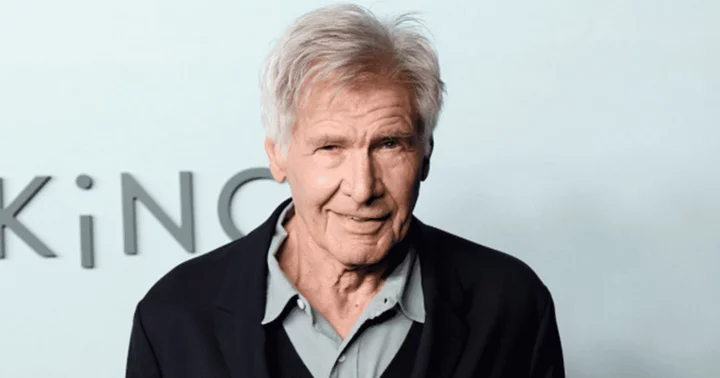LOS ANGELES, CALIFORNIA: Harrison Ford has built an impressive resume with his roles in iconic movie franchises such as 'Star Wars', 'Indiana Jones', 'Blade Runner', and the 'Jack Ryan' movies. At 80 years old, he continues to add to his repertoire, even taking on the role of General Thunderbolt Ross in the Marvel Cinematic Universe.
While Ford's legendary roles in legendary movies capture attention, there's one fascinating fact about him that steals the show. He has species of ants and spiders named after him, making him a star in both the ant kingdom and the spider world.
‘Harrisonfordi’
Pheidole harrisonfordi is a species of ant named in honor of the actor's conservation work. Ford, who serves as the vice chairman of the American society Conservation International, has been recognized for his environmental efforts. Similarly, Calponia harrisonfordi is a spider species that bears his name.
Renowned scientist Edward Wilson, a Harvard University researcher and Pulitzer Prize-winning author, bestowed these species with Ford's name. In addition to Ford, Wilson named another ant species, Pheidole mooreorum, after environmental philanthropists Gordon Moore and his wife Betty, who are known for their contributions to the field.
Namesake creatures
While Ford acknowledges that he may be the only actor with both an ant and a spider species named after him, he humbly states that he isn't seeking such recognition. In fact, he admits to not having encountered any of his namesake creatures personally. Nonetheless, Ford appreciates the gesture and the acknowledgment of his conservation work.
During a recent interview with the San Diego Union-Tribune, Ford revealed that a scientist had considered naming a butterfly species after him as well. However, he requested that they name it after his daughter instead. Reflecting on his namesake creatures, Ford humorously remarked that he has been associated with three species—the spider, the ant, and himself.
Ford’s commitment to environmental conversation
As a long-standing board member of Conservation International, Ford is deeply committed to environmental conservation. He expressed his concern about humanity's failure to recognize its connection with nature and the consequences of our arrogant actions.
Ford emphasizes the importance of understanding that we are part of a larger biotic community and that our actions have far-reaching implications for future generations. In his words, "we are interdependent organisms in a biotic community," and he urges us to reflect on our role and responsibility in safeguarding nature for the well-being of our children and the future.









